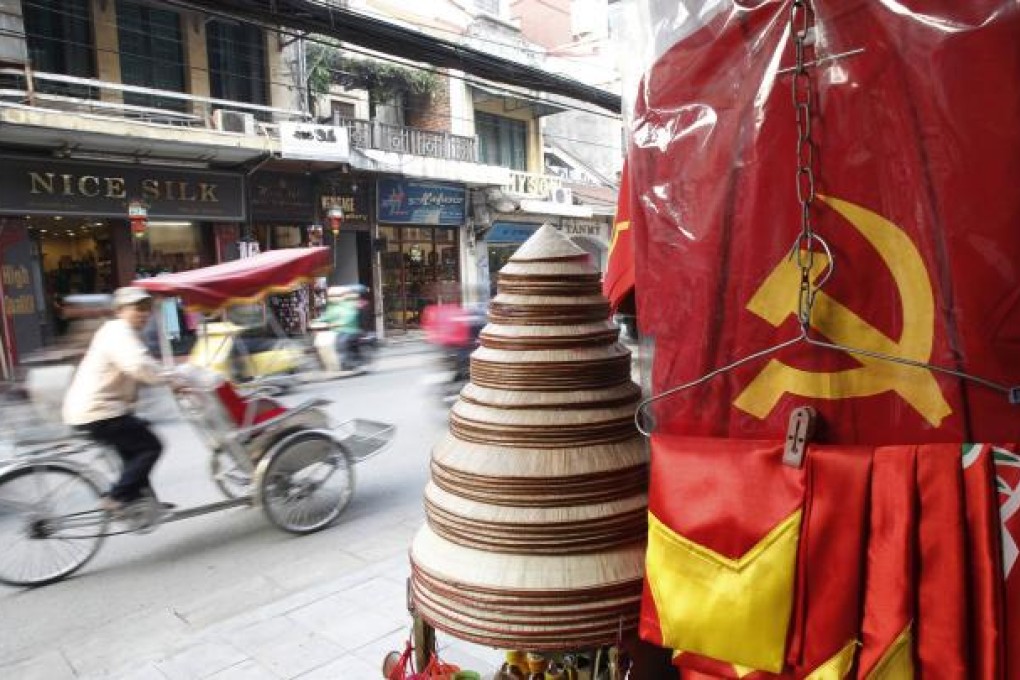
One thing that sets the one-party government of Vietnam apart from its counterpart in China is the political reform a few years ago that strengthened rank-and-file participation and accountability of officials, without weakening the party's grip on power. Sadly, that did not prevent economic mismanagement leading to inflation, devaluation, corruption and a debt-stricken banking system. But it has empowered an intense party-led campaign of criticism at all levels, which has resulted in the central committee clipping the wings of powerful Prime Minister Nguyen Tan Dung.
Dung was responsible for high-growth policies in place of central planning that led to reckless borrowing by state-owned enterprises and non-state companies alike. The central committee did not adopt the recommendations made in a preliminary report on the criticism. It said Dung should be disciplined, along with the politburo of which he is a member. The committee probably felt it could have been destabilising to the one-party system if he had been forced out.
Instead, it has ended his free-wheeling days, restoring its Economic Commission to give it access to data so that it can help shape policy at the expense of the power that Dung exercised. It has also imposed a sweeping reform agenda on Dung and the politburo, covering the state enterprise and banking sectors and grooming of officials for future leadership.
This would rein in the mismanagement and corruption that flourished in pursuit of world-beating state conglomerates in energy, oil and gas and shipping. An example is shipbuilder Vinashin, a pet project of Dung's that sank in debt and left him facing awkward questions in parliament. But it elevates a factional power balance, with its compromises and trade-offs behind closed doors. If Vietnam really wants to liberate the potential of its US$100 billion, 90-million people economy it must embrace more transparency of its one-party rule, more public accountability and more free enterprise.
